Blog
-

It seems surprising because wheels are such a critical part of your car’s performance and safety, but currently, there are no mandatory standards for wheel performance and testing in the United States. However, the Society of Automotive Engineers has established standards for performance for aftermarket wheels, called SAE J 2530. Aftermarket manufacturers recognize the importance of J 2530 certification as a mark of quality.
-
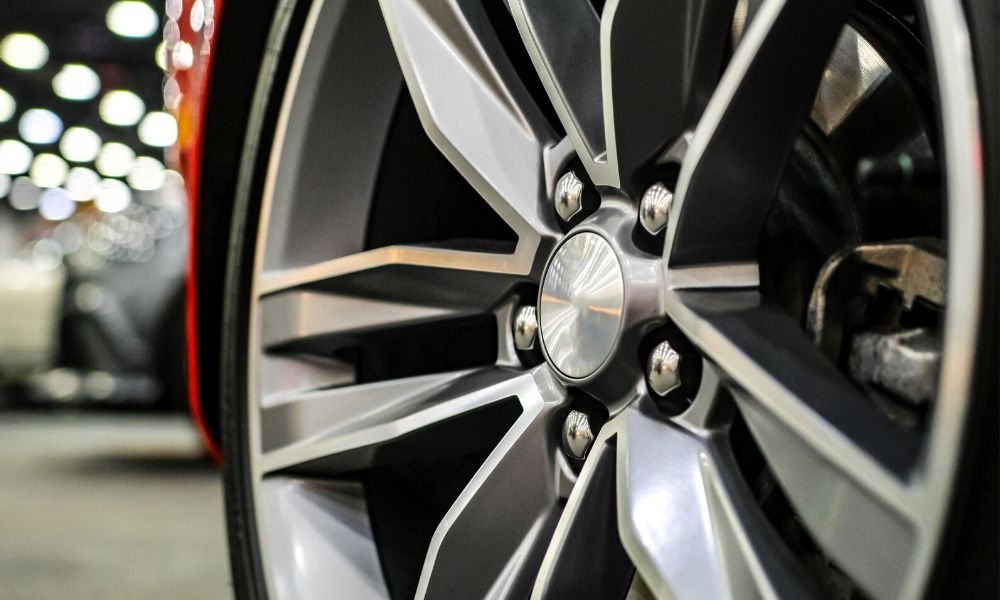 Wheels have been around since about 3500 B.C. Designs and materials for car wheels have changed a lot since the first Model T rolled off the assembly line.
Wheels have been around since about 3500 B.C. Designs and materials for car wheels have changed a lot since the first Model T rolled off the assembly line. -
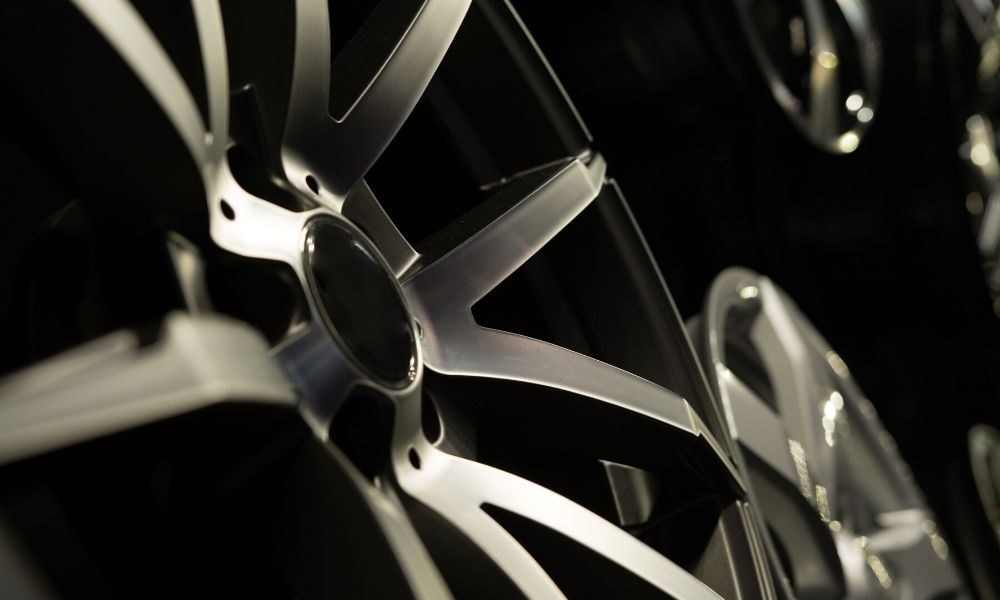
Car manufacturers traditionally provided steel wheels, until weight and looks become more of an issue for car owners. Enter alloy wheels—typically made of aluminum combined with another metal, such as magnesium (that’s where “mag wheels” comes from). Nickel or some other combination of these light metals are also common. In addition to their light weight, the benefits of alloy rims include:
-

Masujiro Hashimoto founded Japan’s first automaker, Kaishinskha Motor Car Works, in 1911. They called their first car the DAT and rolled it out in 1914. After two name changes and years of primarily producing trucks for the military market, the company, at the time called DAT Motors, merged with Jitsuyo Jidosha and became DAT Jidosha Seizo Automobile Manufacturing Company. The new entity produced cars and trucks under the name Lila.
-
 You love that old car and want to keep it going until you can’t drive it anymore. Keep it running with these tips on how to care for an older car.
You love that old car and want to keep it going until you can’t drive it anymore. Keep it running with these tips on how to care for an older car. -
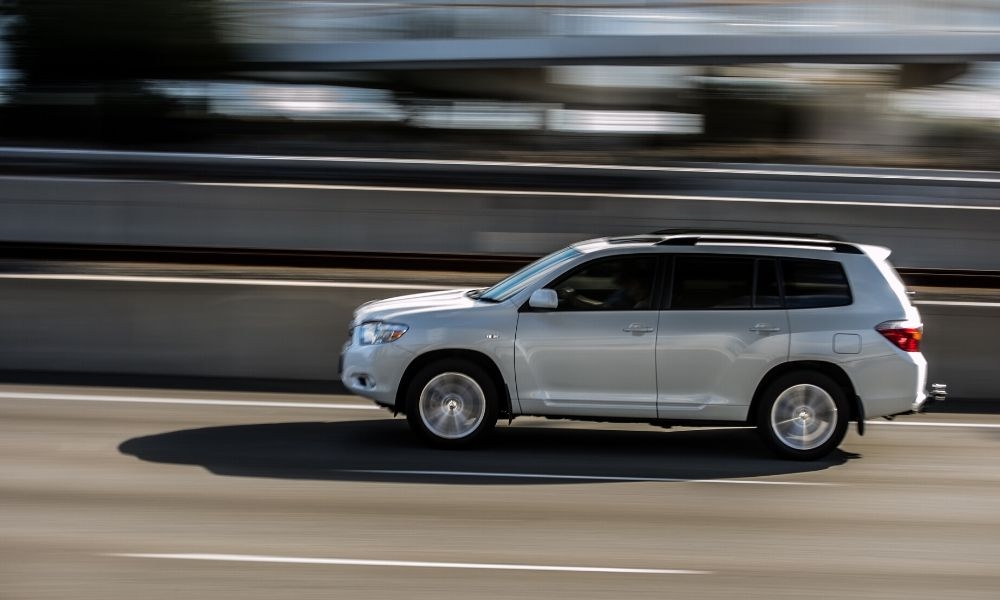 From its first car in 1936 through post-war regeneration to dominance in the hybrid auto market, Toyota has become one of the best-known automobile brands.
From its first car in 1936 through post-war regeneration to dominance in the hybrid auto market, Toyota has become one of the best-known automobile brands. -
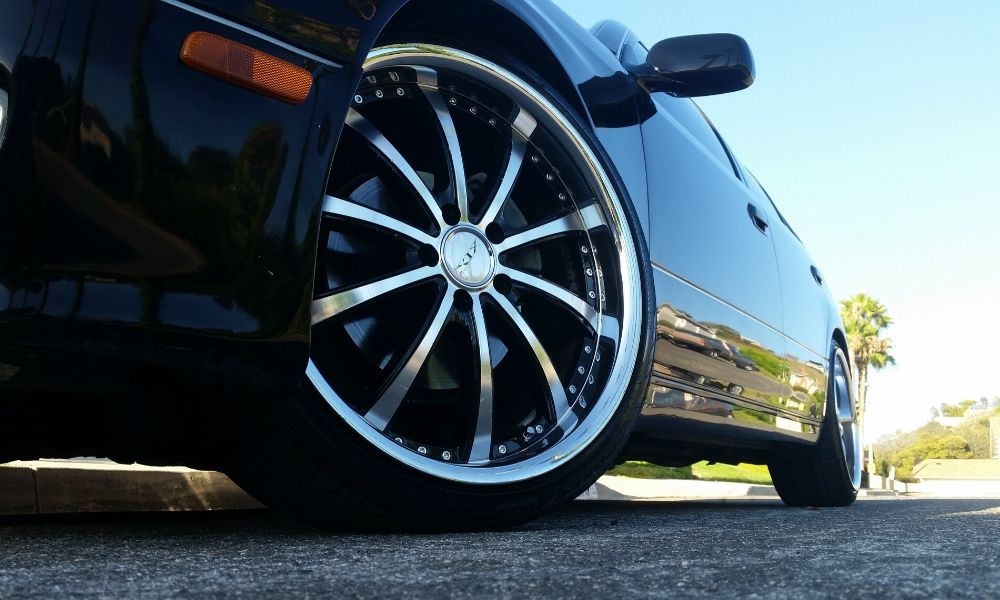
We’ve all heard the rule of thumb that a new car loses a lot of value the minute it rolls off the lot. There are several basic considerations to keep your car in great shape, maintain its resale value, and get the most enjoyment out of it for as long as possible. As an example of ways to maintain a luxury car, here is a guide on how to care for your Lexus.
-

Road salt lowers water’s freezing temperature and helps keep ice from forming. It substantially reduces accidents on treated roads. Drivers should be grateful for the added safety, but they should stay mindful of the negative effects of road salt on cars. We address specifically how road salt affects your rims.
-
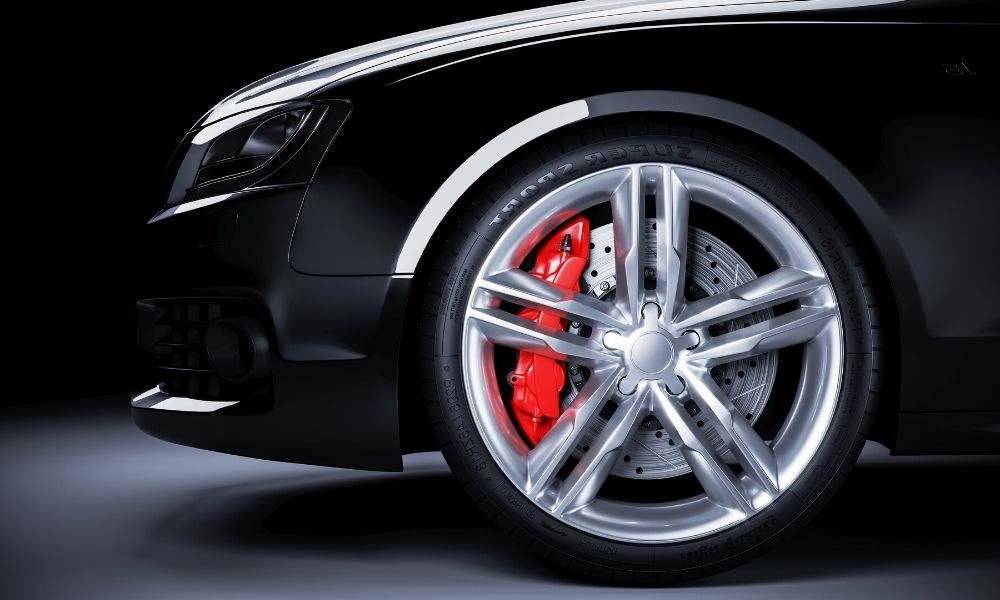
It’s bad enough when a wheel is so badly damaged by a pothole that it has to be replaced. Then it gets worse when you are confronted with a dizzying array of choices to replace it. Knowing the difference between OEM and aftermarket wheels can ease the pain of decision-making.
-

Chevrolet, lovingly known as “Chevy,” was founded in 1911 by General Motors’ founder, William Durant, and Swiss race car driver Louis Chevrolet. The brand has been creating cars and even inspiring songs for more than one hundred years. For Chevy’s centennial in 2011, the online music streaming service Pandora even created a special station featuring one hundred songs that reference Chevy.
-

When it’s time to trade in, trade up, or just replace a car that’s not so reliable anymore, it’s important to consider what type of drive system is best for you. The acronyms—2WD, 4WD, and AWD—simply refer to how many wheels receive power from the engine at any given time. Car enthusiasts can argue about this until they’re blue in the face, but for most people, choosing which kind of drive system isn’t really that hard. How you spend most of your driving hours will likely determine which type of drive system to choose. Here we define the differences between 2WD vs. 4WD vs. AWD.
-
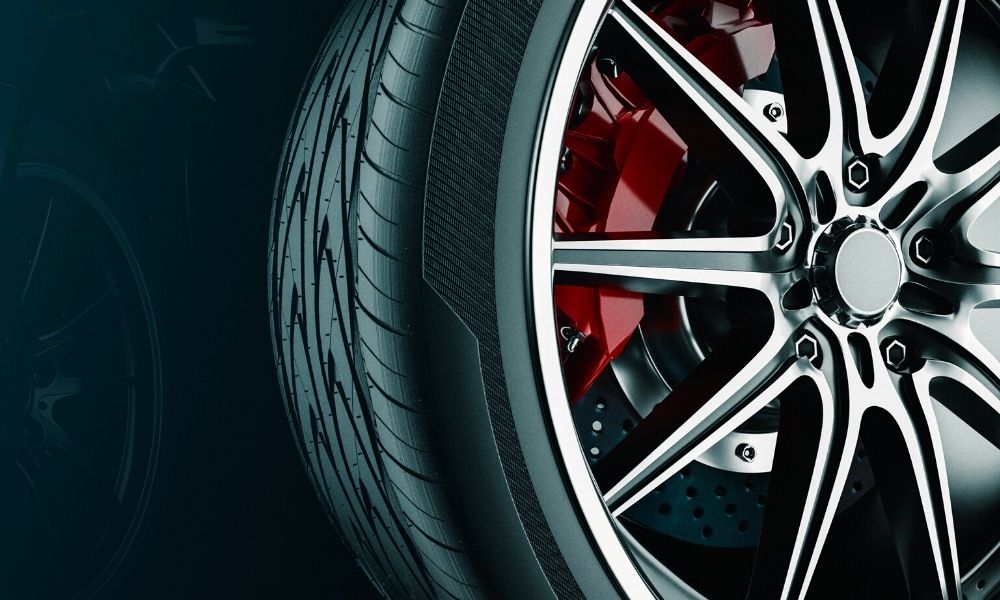
Those concept cars with the big wheels at auto shows look super cool, but do larger wheels provide better performance? It depends on what “performance” means to you. Larger wheels may provide better cornering and handling at higher speeds but might not work so well in wet or snowy weather. The added width and weight can also affect fuel economy and noise and may mean a bumpier ride.



